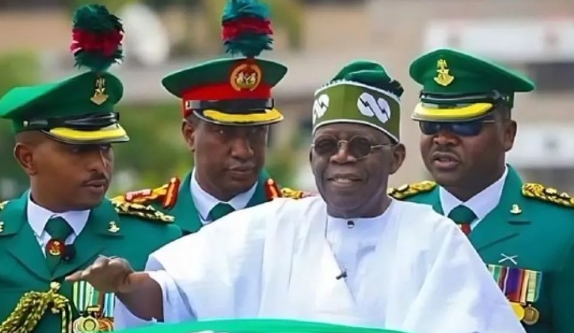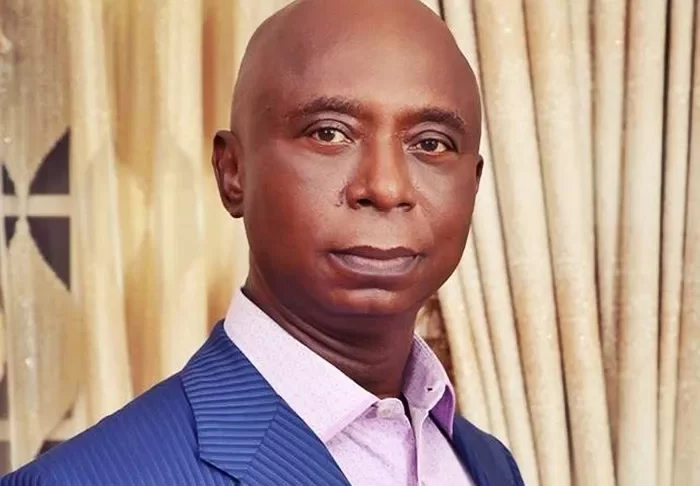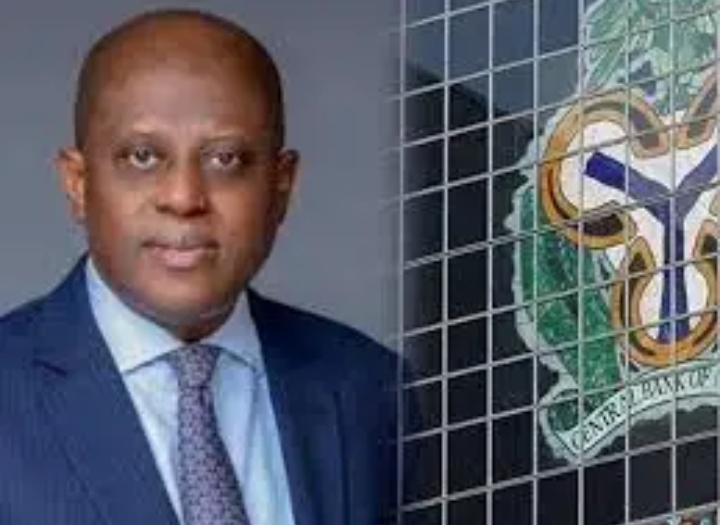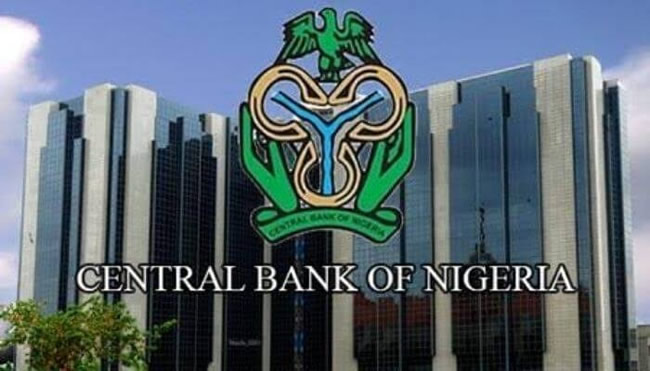Bola Ahmed Tinubu started his tenure as the 16th president of Nigeria with the inauguration of his government on 29 May 2023, taking over the reins of power from Muhammadu Buhari.
In his inauguration speech, Tinubu announced the removal of fuel subsidy, and subsequently went on to announce floating of the Naira, through the Central Bank of Nigeria (CBN).
Since then, the economic fortune of the nation nosedived, with the President and key government officials promising that the economy would get better.
When Tinubu took over as president, the pump price of premium motor spirit (PMS), popularly known as petrol, was on the average N238.11 per litre. As it stands, the pump price of petrol is N701.24 per litre.
Similarly, the pump price of Automotive Gas Oil (AGO), popularly known as diesel, at when Tinubu assumed office, was N844.28 per litre, but as it stands, diesel sells at N1,415.06 per litre.
According to data released by the National Bureau of Statistics (NBS) since the inception of the Tinubu government, food inflation saw steady astronomical increase. While food inflation rate stood at 24.82% before the Tinubu era, it is presently 40.54%. Inflation rate in the country was 22.41% but now 33.69%.
The nation’s interest rate was 18% when Tinubu assumed office but it is now 26.25%, while the foreign reserves saw a reduction from $35.09 billion to $32.74 billion. Public debt saw an increase from N87.38 trillion to N97.34 trillion.
While the gross domestic product (GDP) growth rate was 2.51%, it is now 2.98%. and the Naira, which was $1 to N461.76 saw a devaluation of $1 to N1.479.69. All Share Index (ASI) as of May 30 2023, saw an increaser from 55.738.35 points to 97.612.51 points as of May 24 2024.
Tinubu’s economic policies painful – Nigerians
Meanwhile, some Nigerians have expressed divergent views about the Tinubu administration, saying his economic policies are painful but that they look promising.
Residents in Gombe State said that the economic reform policies introduced by the Tinubu’s administration are necessary to achieve sustainable social and economic development in the country.
The residents, who spoke in separate interviews in Gombe on Tuesday, said that though the implementation of the policies exposed Nigerians to hardship, it would lead to a promising future at the end.
A resident, Aminu Mustapha said the Tinubu administration implemented sound but harsh policies for the betterment of the people.
He said that such policies were imperative for the administration to rejig the economy and move the country forward.
“Before correcting the ills committed by the previous administration, tough decision which might cause suffering to the public must be introduce.
“The government took a good but difficult decision with sincerity of purpose, the current hardship will be a thing of the past.
“I am a Nigerian; I want a good future for my children, I’m sure that the current challenges is temporary, there is glimmer of hope for our country,” he said.
Mustapha enjoined Nigerians to show resilience and support the administration in its economic transformation drive.
However, Cliff Stanley, a political analyst, said the Tinubu administration’s policies exposed Nigerians to hardship rather than improving their social and economic wellbeing.
“Although, the government said that such hardship are necessary change process the nation must to go through for things to get better at the end.
“Less privilege and middle income earners are worst hit in terms of hike in pump price, high rate of unemployment, increased electricity tariff, among others.
“There is no tangible achievement to point out in his one-year anniversary,” he said.
Corroborating Stanley, Laraba Yakubu said the administration’s economic policies plunged the country into economic woes and exposed the people to more hardship.
She said: “living standards for most people drastically dropped even the necessity of life become difficult for the common man”.
Tinubu told to tackle food inflation
Assessing Tinubu’s performance after one-year in office, some Agriculture stakeholders on Tuesday in Lagos State in separate interviews commended the President, while others urged him to be more intentional in ensuring growth of the sector.
Mr Mojeed Iyiola, Chairman, Poultry Association of Nigeria, Lagos Chapter, lauded President Tinubu’s impact after one year in office, saying that he had contributed to the poultry sub-sector’s survival.
“To be candid, President Tinubu has really helped local farmers since the administration began. Within a year of this administration, the poultry sector has enjoyed and benefitted from his policies, either from the Federal Government or state government.
“The palliatives from the federal government have really been of tremendous help to farmers in this period. If this administration can continue like this, it will definitely boost the poultry sub-sector.
“The palliatives we are expecting now is very huge. We do not want to blow it open yet, until we receive it,” Iyiola said.
Another stakeholder, Dr Ismail Olawale, an Agricultural Development Communication Expert, berated unscrupulous Nigerians for sabotaging the government efforts in stabilising food prices.
Olawale said that there are unseen market forces that are influencing and frustrating food prices, trying to sabotage the government’s efforts.
“This administration has taken some steps to address food insecurity and if the citizens support the steps and aid its materialising, it will be beneficial to all and sundry.
“Some traders’ arbitrary increment of food prices can be blamed for the food inflation, recently some markets and supermarkets were shut down due to this consistent price hike,” he said.
An Agriculture Consultant and Co-Founder, Corporate Farmers International, Mr Akin Alabi, urged the administration to tackle food inflation in the country.
“For the past one year, food inflation has risen. It is being felt by the common Nigerian.
“Even if we blame the rise on transportation and logistics cost, government needs to study the dynamics of food systems and fashion out ways to cushion the effects of the inflation and reduce food prices.
“There are so many things government should do. This administration should introduce subsidy in terms of transportation and provide major farm inputs,” he said.
Alabi said further that government should expand farmers’ access to farming machinery and tools, adding that this would boost productivity.
He said that government had done well in making palliatives available, but added that it should intensify efforts at reducing prices of basic food items.
“This administration called a state of emergency on food security as soon as they got to power, which is good.
“However, they need to sustain the tempo at ensuring food security by consistent implementation,” Alabi said.
Restating the importance of ensuring food security, an Agriculture Analyst, Mr Omotunde Banjoko, urged the administration to tackle the current hunger situation in the country.
He urged the president to ensure that the dams that were to be in operation to aid irrigation farming become operational.
According to Banjoko, the food commodity boards to help in food price regulation also need to be set up.
He also noted that the budget set aside for Agriculture may not revolutionise the sector.
“When the government came to power, it changed the name of the ministry to Ministry of Agriculture and Food Security, and our hopes were very high.
“Our hopes, expectations and prayers are high that in this second year, the government will meet its target for the sake of the people and food cultivation,” he said.





